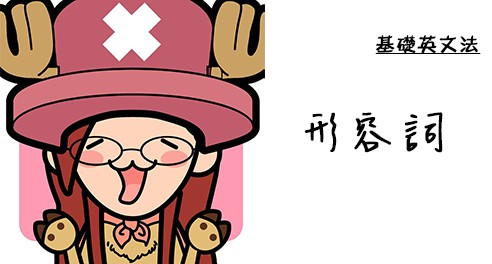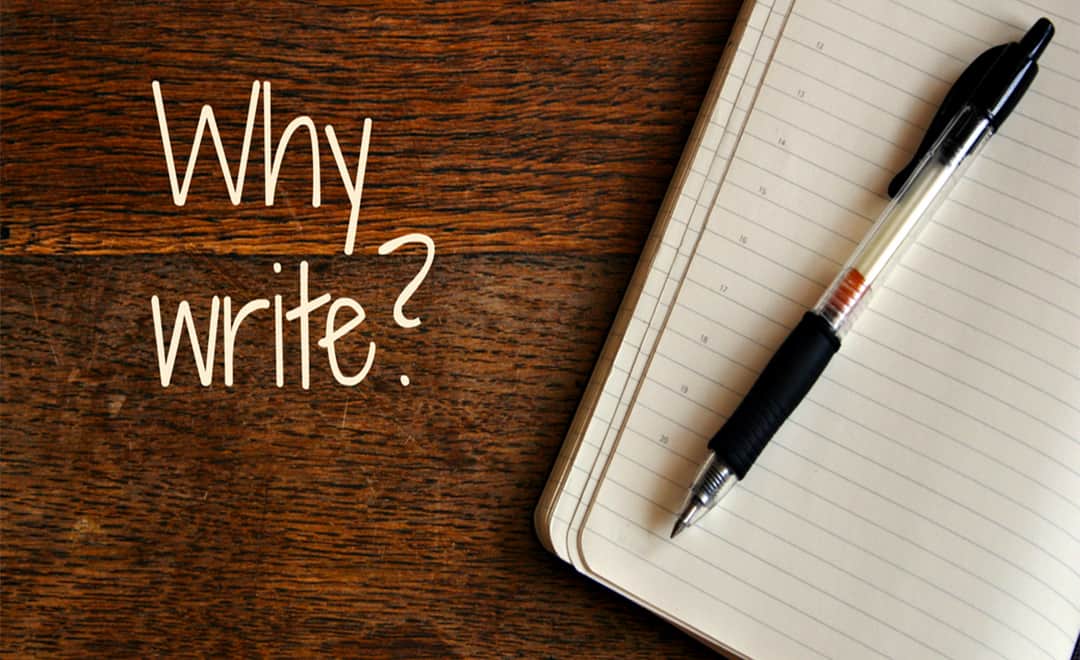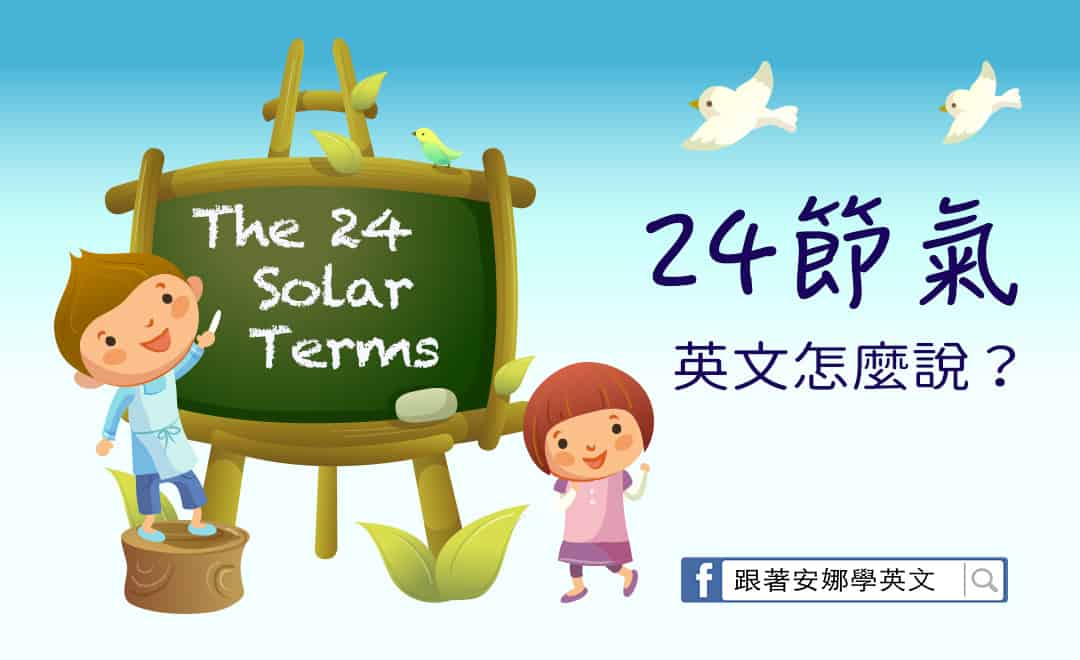基礎文法 形容詞
形容詞分為原級、比較級和最高級
規則變化
單音節的字尾直接加-er成為比較級,加‑est成為最高級
example: clean→cleaner→cleanest (乾淨的→比較乾淨的→最乾淨的)
tall→taller→tallest (高的→比較高的→最高的)
單音節的字尾是e時,直接加-r成為比較級,加‑st成為最高級
example: wise→wiser→wisest (聰明的→比較聰明的→最聰明的)
safe→safer→safest (安全的→比較安全的→最安全的)
單音節的字尾是「短母音+單子音」時,重複字尾子音加-er成為比較級,重複字尾子音加-est成為最高級
example: hot→hotter→hottest (熱的→比較熱的→最熱的)
big→bigger→biggest (大的→比較大的→最大的)
雙音節的字尾是「子音+y」時,去y加-ier成為比較級,去y加-iest成為最高級
example: dirty→dirtier→dirtiest (髒的→比較髒的→最髒的)
funny→funnier→funniest (好玩的→比較好玩的→最好玩的)
多音節與部分雙音節的形容詞,直接在前加more成為比較級,加most成為最高級
example: careful→more careful→most careful (小心的→比較小心的→最小心的)
important→more important→most important (重要的→比較重要的→最重要的)
不規則變化
good/well→better→best
bad→worse→worst
much/many→more→most
little→less→least
句型
比較級
S+be動詞+比較級+than…
example: Mary is taller than Julie. (Mary比Julie高)
S+be動詞+比較級+of the two+複數名詞
example: Jay is the smarter of the two boys. (Jay是這兩個男孩中比較聰明的)
S+be動詞+比較級+than+any other+單數名詞 / all the other+複數名詞
example: Amy is more careful then any other student / all the other students. (Amy比其他學生都細心)
最高級
S+be動詞+the+最高級+in+地方
example: Taipei 101 is the tallest in Taiwan.
S+be動詞+the+最高級+of+all / the 複數名詞(三者以上)
example: The question is the most difficult of all.




